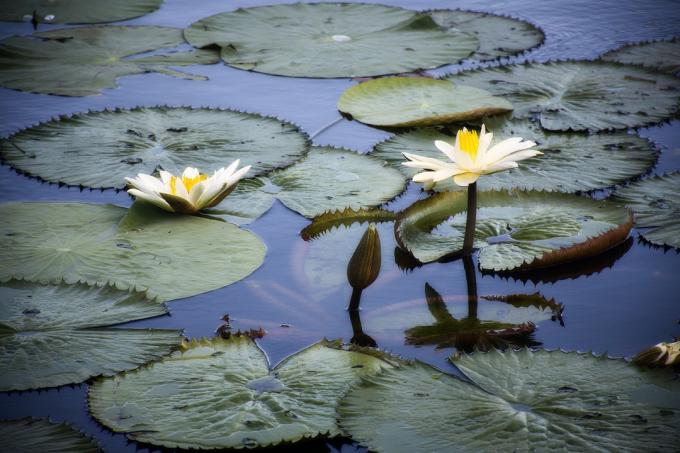Natural selection is part of evolution process of living beings, making them able to adapt to the environments in which they live. Initially, this mechanism was proposed by the British naturalist Charles Darwin (1809 – 1882).
Natural selection makes up the Species Evolution Theory, also known as Darwinism or Evolutionism, together with the processes of mutation, migration and genetic drift.
Learn more about the meaning of Darwinism, Evolutionism and social evolutionism.
For the natural selection process to take place in a given environment, three main aspects are needed: variety of species, differentiated reproduction and heredity.
The principle of the theory proposed by Darwin says that only the “positive” factors remain in the species, eliminating all unnecessary characteristics or that hinder its survival.
For example, in a specific environment, only species that have the ideal conditions for survival will be able to reproduce and transmit to their descendants the same genetic and phenotypic characteristics that guarantee the perpetuation of the species in that region.
However, species that do not have the appropriate phenotypes to survive in this environment will not be able to reproduce and will die, being slowly extinct.
The set of favorable aspects of an organism, from the transmissions from generations to generations, can cause the emergence of a new species, which has evolved to be fully suitable for the environment in which lives.
Natural selection is present over all populations of living beings, whether in stable or constant environments, acting as a "stabilizer", eliminating the "weakest" and ensuring the survival of the strongest and most able to survive.
Darwin's theories
According to Darwin, natural selection is formed on the basis of a set of theories that occur simultaneously with others.
The theory of evolution suggests that all species of living beings are subject to evolve, gradually and according to their needs.
Darwin still says that all living organisms have the same origin (simple organism) that throughout the times, when undergoing different evolutions, they become complex beings and divide into different species.
The entire process of evolution of living beings is slow and gradual, that is, new species do not appear overnight, but through a long process of small and subtle transformations.
And, according to Darwin's theory, if there is a sudden change in the environment of a certain living being, it has three hypotheses: survive, adapt or become extinct.
Natural and artificial selection
Natural selection, as the name suggests, is a natural process, without any kind of human interference, where the environment is responsible for choosing the species best able to survive in a given habitat and leave their descendants.
Artificial selection is human-made, when he crosses species characteristics in the laboratory according to his interest.
Trees that produce larger, seedless fruits or animals that provide more meat are some examples of changes that humans can do by mixing specific genes from several different species, with the intention of creating a new type that meets your needs or desires.
Because these new species are created to meet specific human needs, they are generally not able to survive or adapt to the environment.


